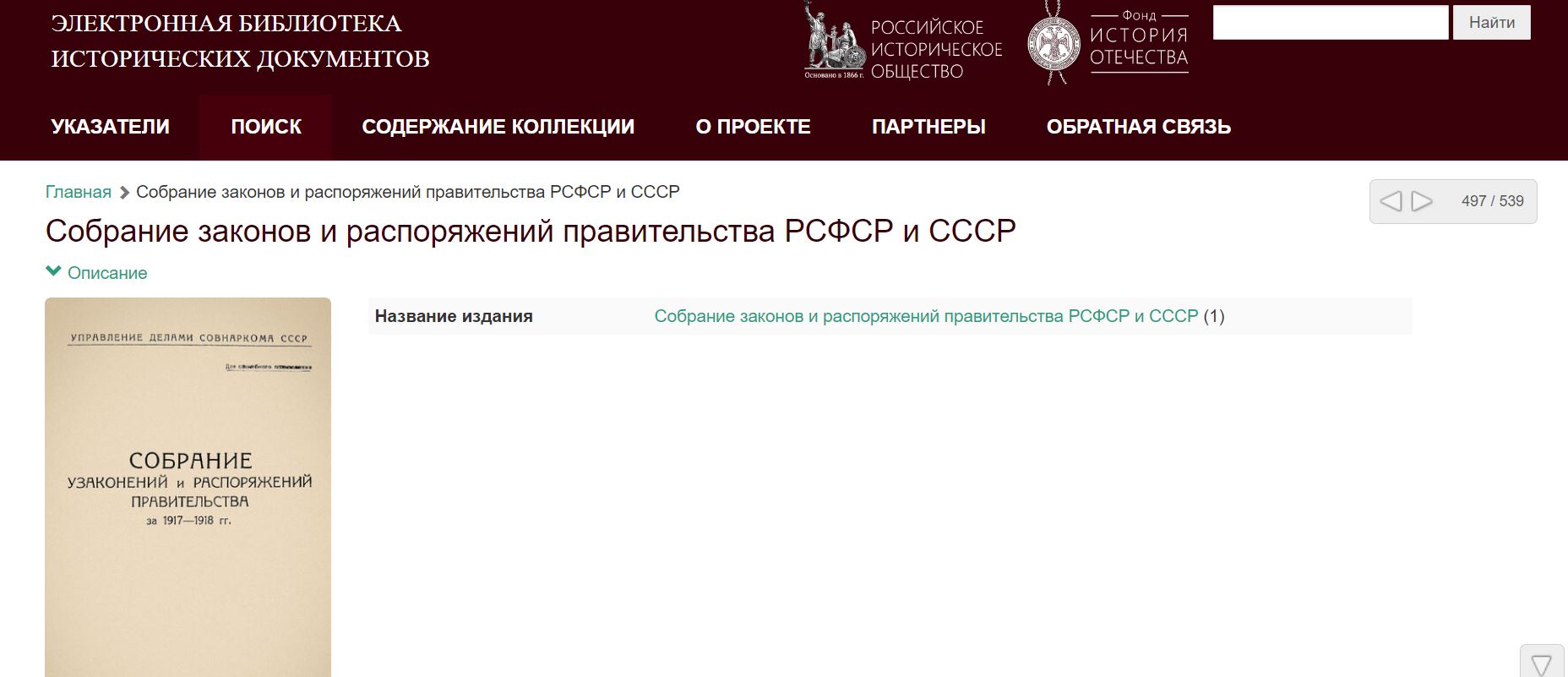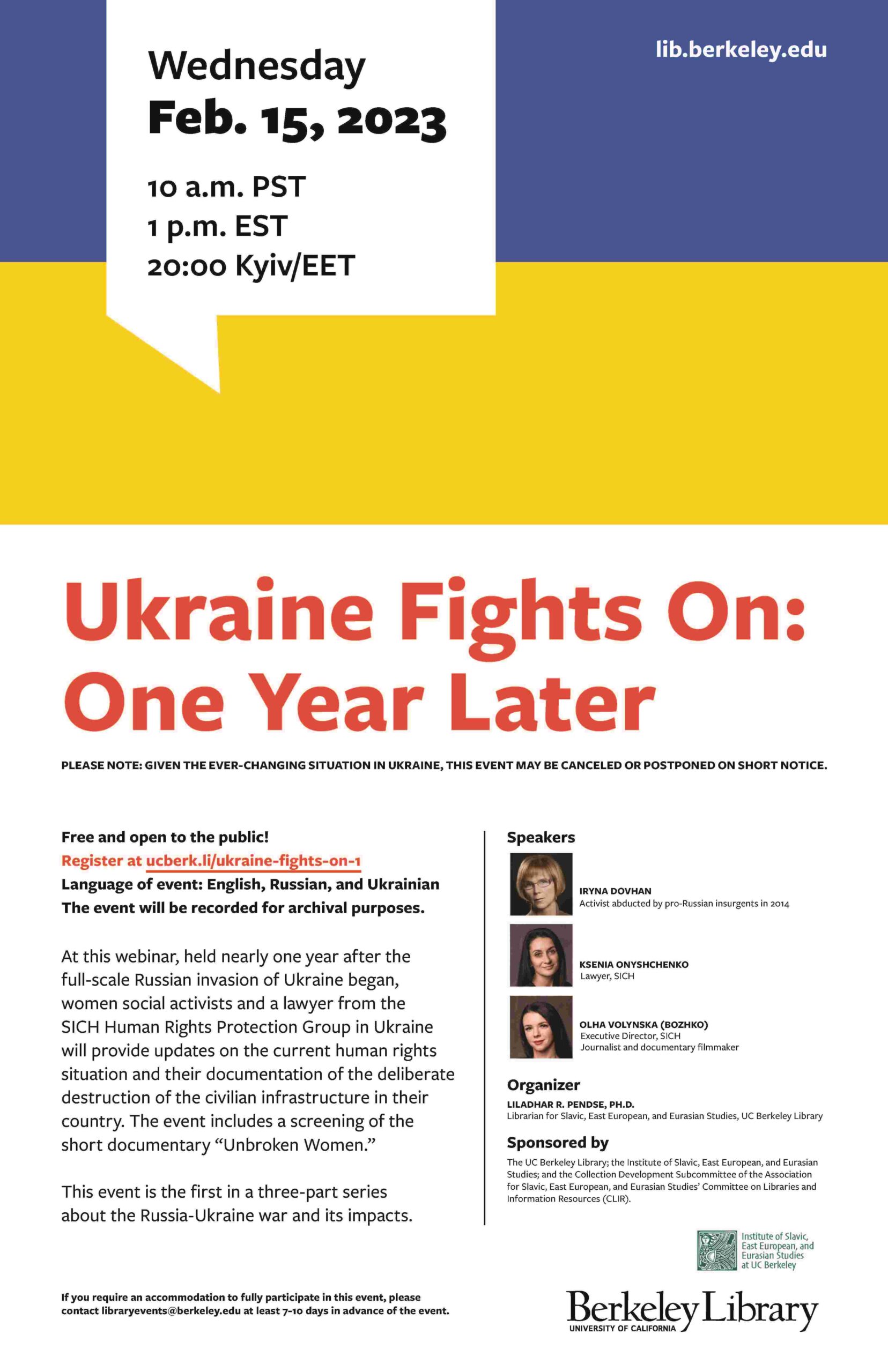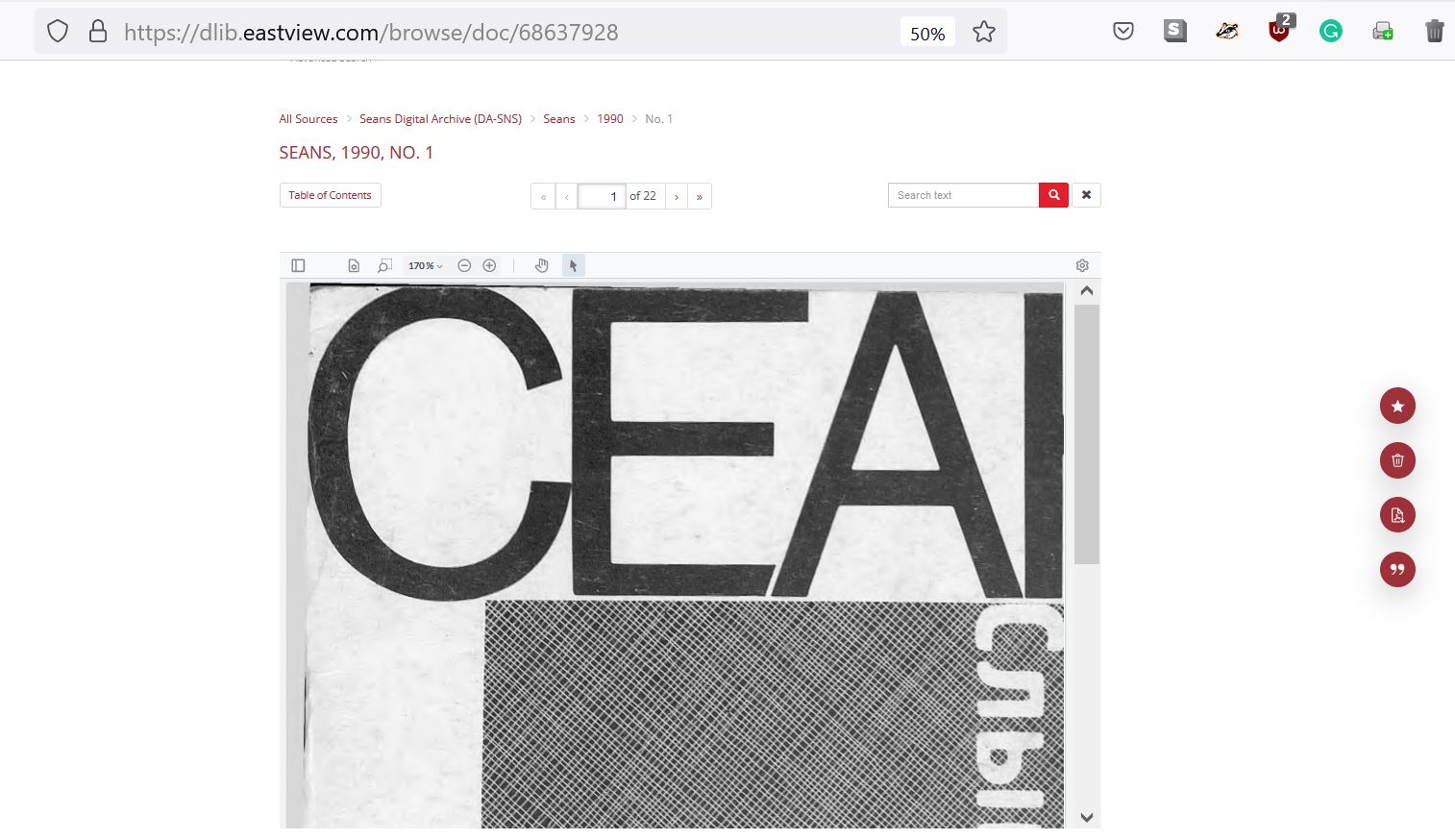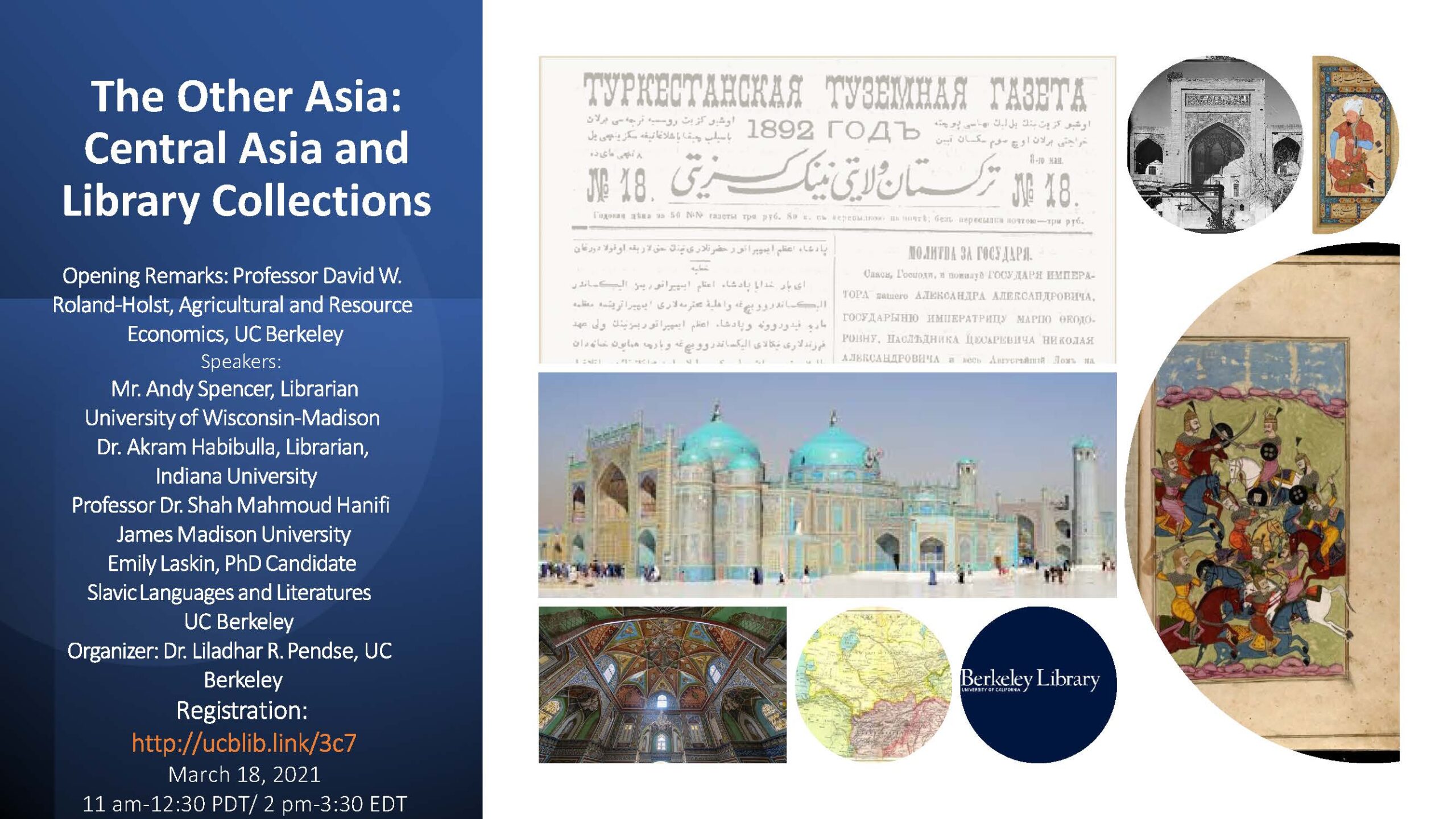Tag: Russian Federation
In memoriam: Aleksey Navalny ( Navalʹnyĭ, Alekseĭ)
The ongoing wars in several parts of our beautiful planet have taken their toll on our humanity. Sometimes, unexpected but awaited news of the killing/ demise of someone who believed in democracy desperately shakes me- such was the news that prompted this post.
I am a librarian and not a politician; I serve students, faculty, and members of the public. But this morning, a Russian colleague from the Russian Federation alerted me that “it is finally done, and it was to be expected, and that we are going to hell.” It was early morning, and I could not understand until I read the famous/infamous NY Times online. The news told me that Aleksei Navalny was no more…I looked for Kira to post something, but she did not.
See here for those interested in knowing more about Aleksei Navalny-related books in our catalog.
As a librarian, I gather information and do not engage in academic debates about just-in-time or just-in-case types of collections. I do not have ideological views on what we collect (I do have personal views; the cloak of American librarianship ethics separates them from my work).
For example, what does this book teach us?
Besides books, I debated whether I should post the following documentary. After all, I might get banned from visiting Russia, and for a Slavic Librarian, it is a big no-no… Then I decided why not; it was Aleksei’s documentary, and one should choose to watch it. After all, as a proud Indian-American Slavic Studies Librarian blessed by UC Berkeley’s Academic freedom doctrine, I remain grateful to the United States Constitution for guaranteeing some fundamental freedoms–Life, Liberty, and the pursuit of…Queda mucho por aprender
New Digital Resource: Собрание законов и распоряжений правительства РСФСР и СССР= Collection of laws and orders of the government of the RSFSR and the USSR
Recently in light of Russian invasion of Ukraine, with almost everything Russian being canceled in society at large, I wanted to bring to our readers’ attention a new digital resource on the Collection of laws and orders of the government of the RSFSR and the USSR. The resource is in Russian, and it was created by the Elektronnaia biblioteka istoricheskikh dokumentov (Электронная библиотека исторических документов).
The source provides access to digital copies of the laws and various orders of the Russian Soviet Socialist Republic and Soviet Union. I hope historians of the Soviet Union and the Russian Federation will find this resource of academic interest.
One can search within the text using specific keywords.

Webinar on February 15: Ukraine Fights On: One Year Later! Episode no. 1
Note: Given the ever-changing situation in Ukraine, this event may be canceled or postponed on short notice.
At this webinar, held nearly one year after the full-scale Russian invasion of Ukraine began, women social activists and a lawyer from the SICH Human Rights Protection Group in Ukraine will provide updates on the current human rights situation and their documentation of the deliberate destruction of the civilian infrastructure in their country. The event includes a screening of the short documentary “Unbroken Women.” This event is the first in a three-part series about the Russia-Ukraine war and its impacts.
The event will be recorded for archival purposes.

Trial of Seans Digital Archive (Film Studies Journal) through 11 February 2022
UC Berkeley Library has set up a trial of Seans Digital Archive (1990-2020). Seans is a well-known Russian journal dedicated to Film Studies. The UC Berkeley’s registered students, staff, and faculty can access the digital archive here. The trial will last from 12 January 2022 through 11 February 2022. The vendor description: The Seans digital archive contains all available published issues from 1990, with an additional year’s worth of content added annually. The archive offers scholars the most comprehensive collection available for this title and features full page-level digitization and complete original graphics. The archive has searchable text and is cross-searchable with numerous other East View digital resources.
Each issue of Seans is devoted to a specific theme. Examples of past themes include:
- Based on true events (Основан на реальных событиях)
- Back in the USSR
- Sources of the impossible (Источники невозможного)
- Speak, Memory
- It’s sad (Это печально)
- Everything is going according to plan (Все идет по плану)
- Faust
- Le tour de France
- Russian Cabinet of Curiosities (Русская кунсткамера)
Alternatively, the Seans Digital Archive is also available on the web at no cost here: https://seance.ru/magazine/
However, the archive that is on the web is not cross-searchable with other digital content that Eastview offers.


Trial of 30 Dnei Digital Archive
As a courtesy from our vendor East View, I was glad to inform you that we have set up a 30 day trial of a Russian periodical of literary importance- 30 Dnei. Below links provide access information and publisher-provided description.
The trial will end on 29th April 2021.

30 DNEI
Founded in 1925 in Moscow and in continuous print until its closure in 1941, 30 Dnei was an illustrated Soviet literary journal most famous for the serialized publications of such Soviet literary sensations as Il’f and Petrov’s The Twelve Chairs and The Golden Calf. Praised and supported by none other than Maxim Gorky the journal was conceived by its publisher as a platform for the publication of short form literature, both original and translated, and was geared towards the emerging generation of writers and the intelligentsia. Apart from helping launch and shape the literary careers of a slew of Soviet writers the journal was instrumental in introducing acclaimed works of short fiction, essays, and poetry by foreign authors as well. Some of the most important Soviet and foreign writers whose works have appeared on the pages of 30 Dnei were Vasily Grossman, Vladimir Mayakovsky, Boris Pasternak, Ernest Hemingway, Langston Hughes, Paul Valery and others. Falling into disfavor with the central government in later years, with periodical criticisms of the editorial direction of the journal appearing in Pravda and Literaturnaia gazeta, the journal would cease publication soon after Nazi Germany’s invasion of the USSR in June of 1941.
30 Dnei Digital Archive contains the complete run of the popular literary monthly journal and represents an important resource for researchers of Soviet history and literature in its formative period.
Announcing a launch of new quarterly webinar series!-Save the Date, March 18, 2021
This event is the first quarterly event in a four-part series entitled “Connecting and collecting to empower.” The series will focus on libraries and library collections from different regions of the globe to highlight the collections, print, and electronic resources from often “forgotten” or “exoticized” parts of our world. No library is an island and as curators, we are often interconnected. It is a known fact that today academic libraries can no longer serve as an archive of all that was printed from a specific region. This series is geared towards students, faculty, and researchers, and the presenters in these webinars will be faculty, academic librarians, curators, researchers, and doctoral students. Each presenter will present how the library’s collections have aided them in their academic pursuits. What were some of the challenges they had to face when they were looking for specific resources and how and if the librarians helped them overcome them?
First Webinar: The Other Asia: Central Asia and Library Collections (Spring 2021)
This 90 minutes webinar is dedicated to various library sources in Central Asia. Often, just like the Great Game in the 19th century, Central Asian Studies library collections are contested and relegated between the North American librarians for East European/ Eurasian Studies and Middle Eastern/ Near Eastern Studies. The US State Department, on the other hand, has attributed Central Asia alongside South Asia. Thus collecting Central Asian materials marks extensive collaboration among various librarians. The speakers at this webinar will speak to their efforts in collaborating to build a sustainable collection at their institutions. In this meeting, they will discuss some of the strategies they have used to develop research-level collections and collaborate with their colleagues in Central Asia. They will also focus on some open access resources.
This zoom event is free and open to all with prior registration here.
Thursday, March 18, 202111 am-12:30 PST/ 1 pm-2:30 EST
Opening Remarks: Professor David W. Roland-Holst, Agricultural and Resource Economics, UC Berkeley
Speakers:
Mr. Andy Spencer, Librarian, Middle Eastern & Central Asian Studies Librarian, University of Wisconsin-Madison
Dr. Akram Habibulla, Librarian for Middle Eastern, Islamic, and Central Eurasian Studies, Indiana University
Dr. Shah Mahmoud Hanifi, Professor of History and the founding coordinator of the Middle Eastern Communities and Migrations minor, James Madison University
Emily Laskin, Ph.D. Candidate Slavic Languages and Literatures, UC Berkeley
Organizer: Dr. Liladhar R. Pendse, UC Berkeley
